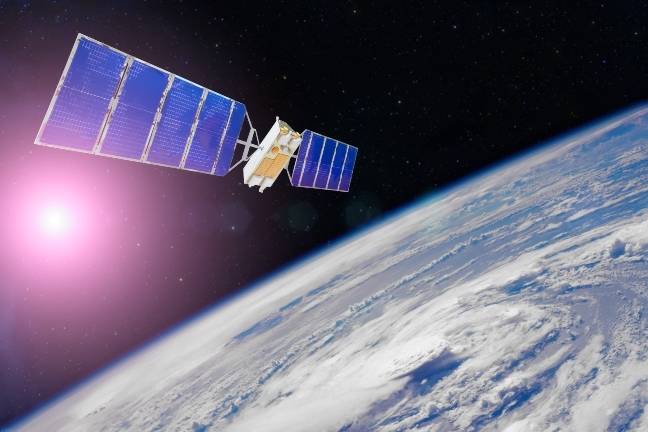
"Google on Tuesday announced a new moonshot - launching constellations of solar-powered satellites packed to the gills with its home-grown tensor processing units (TPUs) to form orbital AI datacenters. "In the future, space may be the best place to scale AI compute," Google executives wrote in a blog post, in which they explain that solar panels can be eight times more efficient in space than on Earth, and can produce power continuously."
"However, as Google points out, realizing this plan requires it to overcome significant challenges, one of which is finding enough rockets to place a useful amount of infrastructure in orbit. Despite SpaceX being on track to conduct over 140 launches this year, launch capacity is not easy to come by. Launch cost is another consideration. Assuming that launch prices fall to $200 per kilogram by the mid 2030s, Google contends that space-based datacenters will be roughly comparable to their terrestrial equivalents in terms of energy costs."
Google plans to deploy constellations of solar-powered satellites hosting its TPUs to create orbital AI datacenters. Solar panels in space can be up to eight times more efficient than on Earth and provide continuous power, addressing energy limits for terrestrial datacenter expansion. The program faces major hurdles including limited rocket launch capacity and high current launch costs; Google projects parity with terrestrial energy costs only if launch prices fall to about $200 per kilogram by the mid-2030s. Networking will use wireless links in orbit with spatial multiplexing to reach tens of terabits per second. Google demonstrated 800 Gbps optics but notes those systems consumed large amounts of energy.
Read at Theregister
Unable to calculate read time
Collection
[
|
...
]